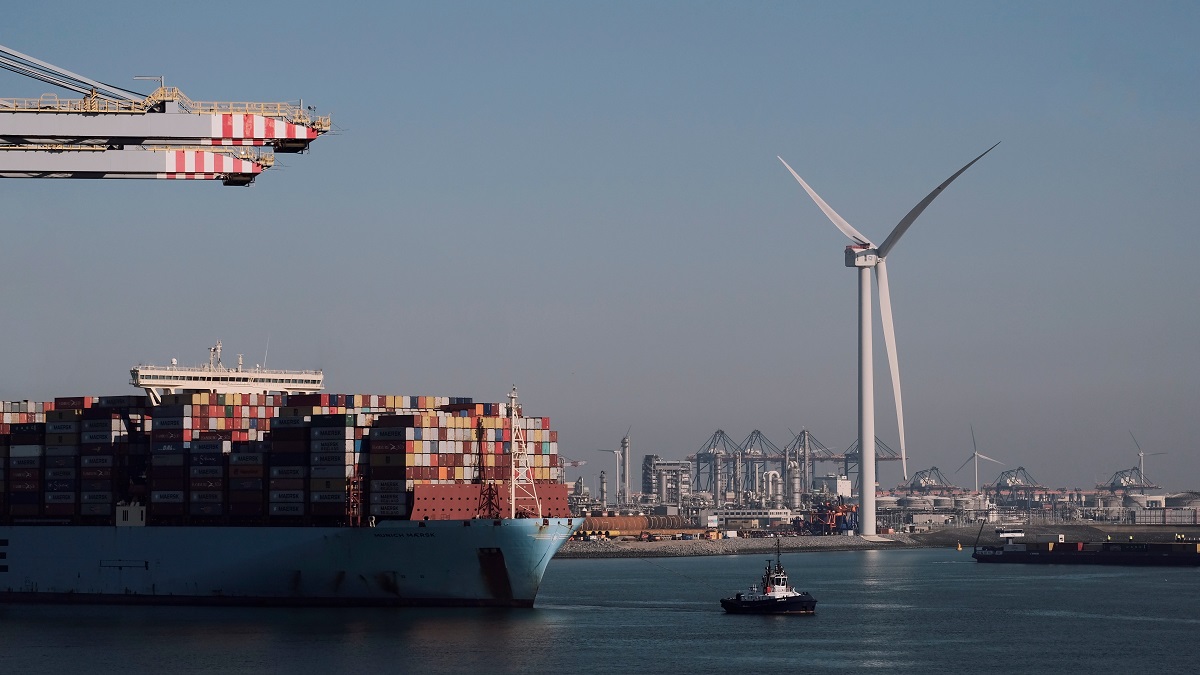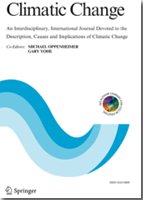As a concrete follow-up to an UNCTAD expert meeting, a multidisciplinary academic paper entitled: A note on climate change adaptation for seaports: a challenge for global ports, a challenge for global society, has been published.

Experts at the 2011 Expert Meeting on Climate Change Impacts and Adaptation: A Challenge for Global Ports, agreed that there was a need to raise awareness about the complex implications that climate change may have for ports and related transport networks. Among the issues highlighted was the need for further research and analysis and the importance of collaboration and dialogue between all stakeholders to help bridge the gap between science and policy. As one concrete next step, several of the experts agreed to prepare a joint academic paper on the subject, taking a multidisciplinary approach.
As a result of this collaborative initiative, an academic paper prepared by a team of authors from a broad range of backgrounds has now been published in the journal Climatic Change.
The paper draws on the diverse range of complementary areas of expertise and knowledge of port planners and policymakers, industry representatives, intergovernmental and nongovernmental organizations, scientists and engineers.
|
Abstract Becker, A.H. et. al, A note on climate change adaptation for seaports: a challenge for global ports, a challenge for global society, Climatic Change, October 2013, Volume 120, Issue 4, pp 683-695. With 80 % of world trade carried by sea, seaports provide crucial linkages in global supply-chains and are essential for the ability of all countries to access global markets.
Seaports are likely to be affected directly and indirectly by climatic changes, with broader implications for international trade and development. Due to their coastal location, seaports are particularly vulnerable to extreme weather events associated with increasing sea levels and tropical storm activity, as illustrated by hurricane "Sandy". In view of their strategic role as part of the globalized trading system, adapting ports in different parts of the world to the impacts of climate change is of considerable importance. Reflecting the views of a diverse group of stakeholders with expertise in climate science, engineering, economics, policy, and port management, this essay highlights the climate change challenge for ports and suggests a way forward through the adoption of some initial measures. These include both "soft" and "hard" adaptations that may be spearheaded by individual port entities, but will require collaboration and support from a broad range of public and private sector stakeholders and from society at large. In particular, the essay highlights a need to shift to more holistic planning, investment and operation. [With kind permission from Springer Science+Business Media]
|



